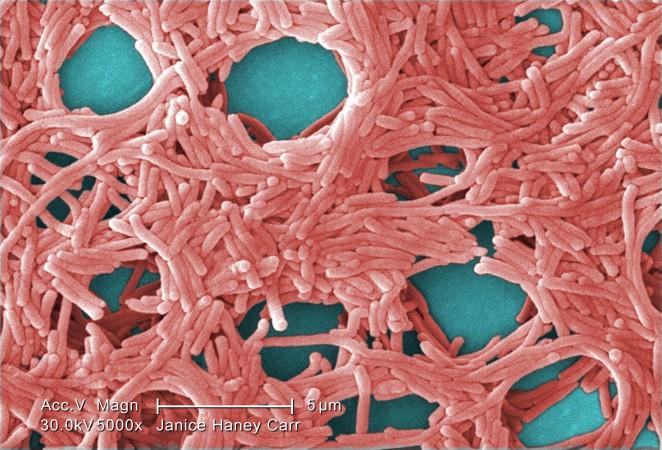The bacteria that causes Legionnaires’ disease was detected in the water supply of a New York hospital in the Bronx, according to health officials.
In a statement on July 28, health officials said they detected very low levels of the Legionella bacteria at Jacobi Medical Center during the routine testing of their potable water supply.




